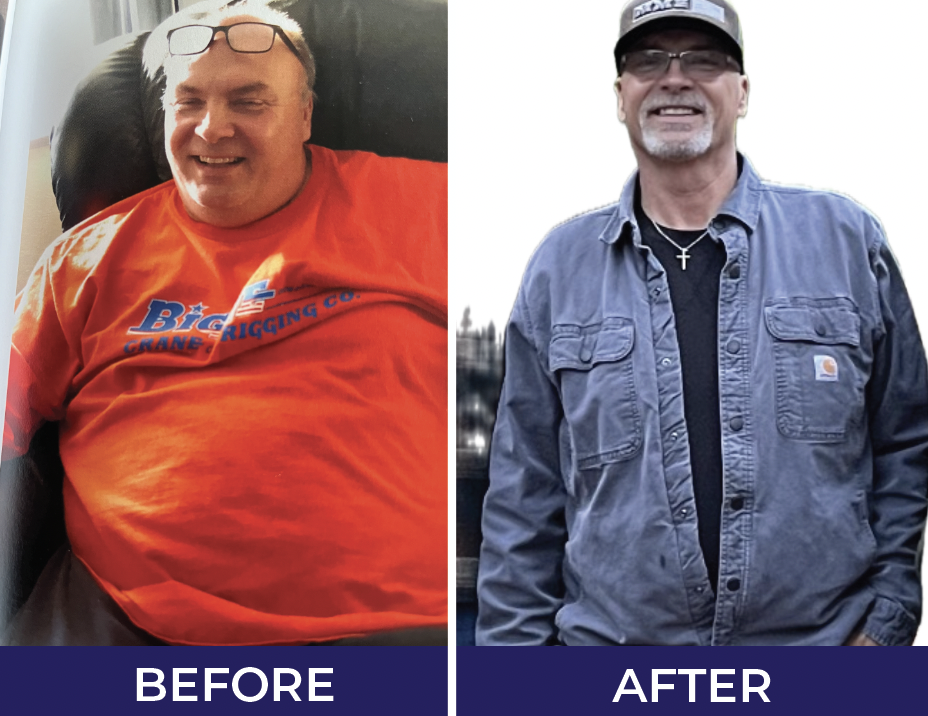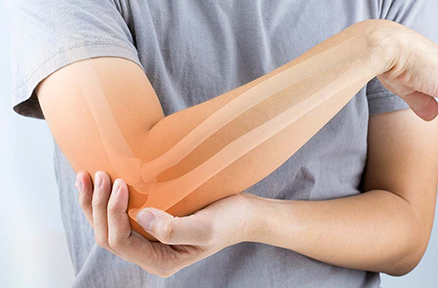WOMEN AND ARTHRITIS
Arthritis is a category of conditions characterized by joint pain, stiffness, inflammation, redness and decreased range of motion. Arthritis is a common form of disability, and while it can affect anyone of any age, arthritis is more likely to affect women over the age of 50. Women are slightly more likely to develop arthritis and to experience a greater level of arthritis pain, especially in the hands and knees.
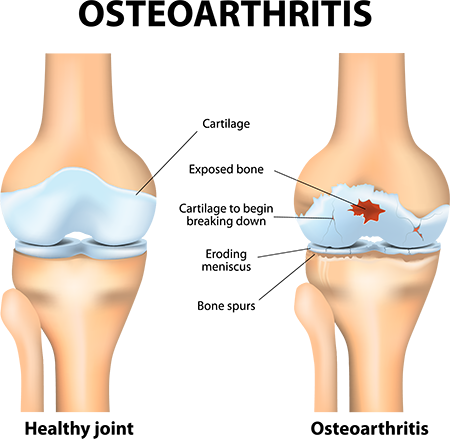
There are two common types of arthritis: Osteoarthritis, and Rheumatoid Arthritis. Rheumatoid Arthritis (RA) is an autoimmune reaction and may affect women because women can have a more reactive immune system. RA tends to start with the small bones of the hands and feet, progressing to wrists and ankles. People with RA tend to have more pain in the morning.
Osteoarthritis (OA) is the most common form of arthritis among older people generally, but osteoarthritis tends to affect women more than men for a variety of reasons including anatomy and genetics. Women’s joints are more elastic and allow for freer joint motion. This can make women more prone to joint injury, which can trigger the development of arthritis.
Of the almost 27 million Americans with osteoarthritis about 60 percent of them are women, usually post-menopause when hormones are no longer present in amounts great enough to help maintain the cartilage that cushions the joints. Excess weight puts greater pressure especially on the knees, contributing to increased joint wear and tear. When the cartilage that covers and cushions the bones of a joint wears away and breaks down, arthritis develops as the joint is reduced to bone-on-bone contact.
Difficulty descending stairs is ubiquitous in knee osteoarthritis. Women may not necessarily have pain as their primary complaint and frequently have loss of function/avoid activity.

Pain and stiffness are the two classic symptoms of hip arthritis. Stiffness in particular tends to be more bothersome for women since most women are naturally more flexible and may enjoy activities that require this flexibility such as pilates and yoga. Common complaints for women with hip arthritis may include groin and hip pain (typically this will start out as intermittent), sensation of stiffness, startup pain (it takes a few steps to get going when first getting up from sitting), decreased activity stamina. Frequently women complain of difficulty during intimacy as a result of arthritis pain and stiffness.
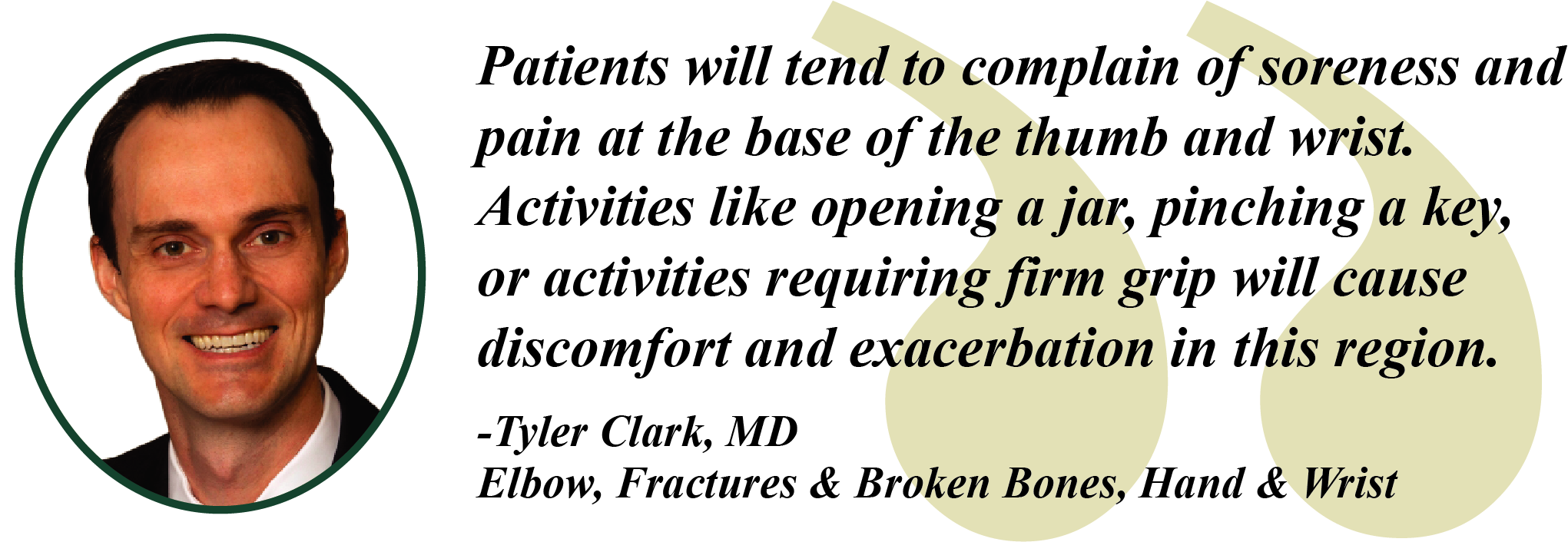
Hand and thumb osteoarthritis may present as pain at the base of the thumb or wrist, and difficulty with opening a jar, pinching a key, or other activities requiring a firm grip. Often a short course of hand therapy for strengthening, and splinting can be helpful. If you are in significant pain a cortisone injection can be helpful.
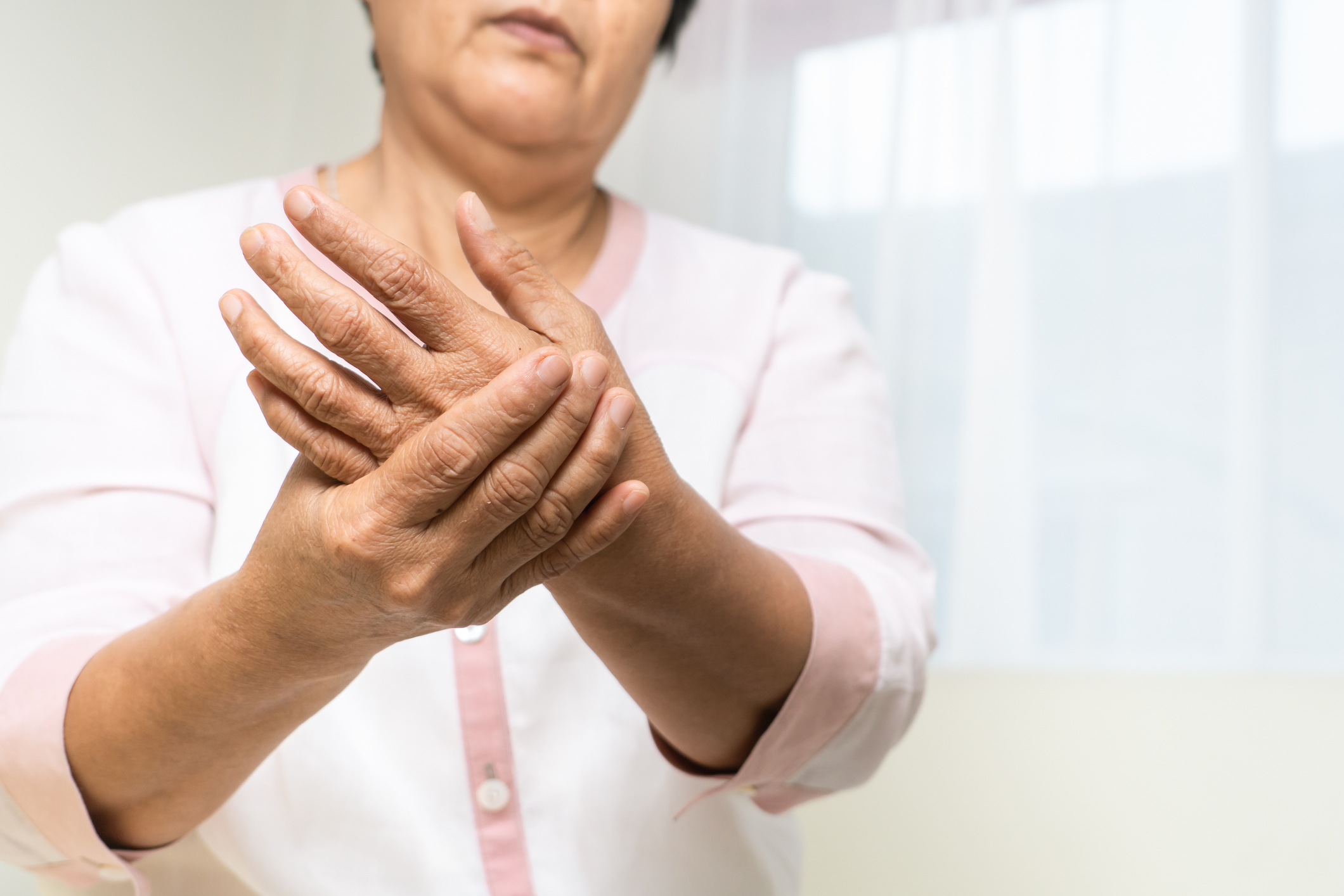
If your pain becomes daily and significant, surgery is very beneficial to provide long-term relief and possibly improvement in strength.
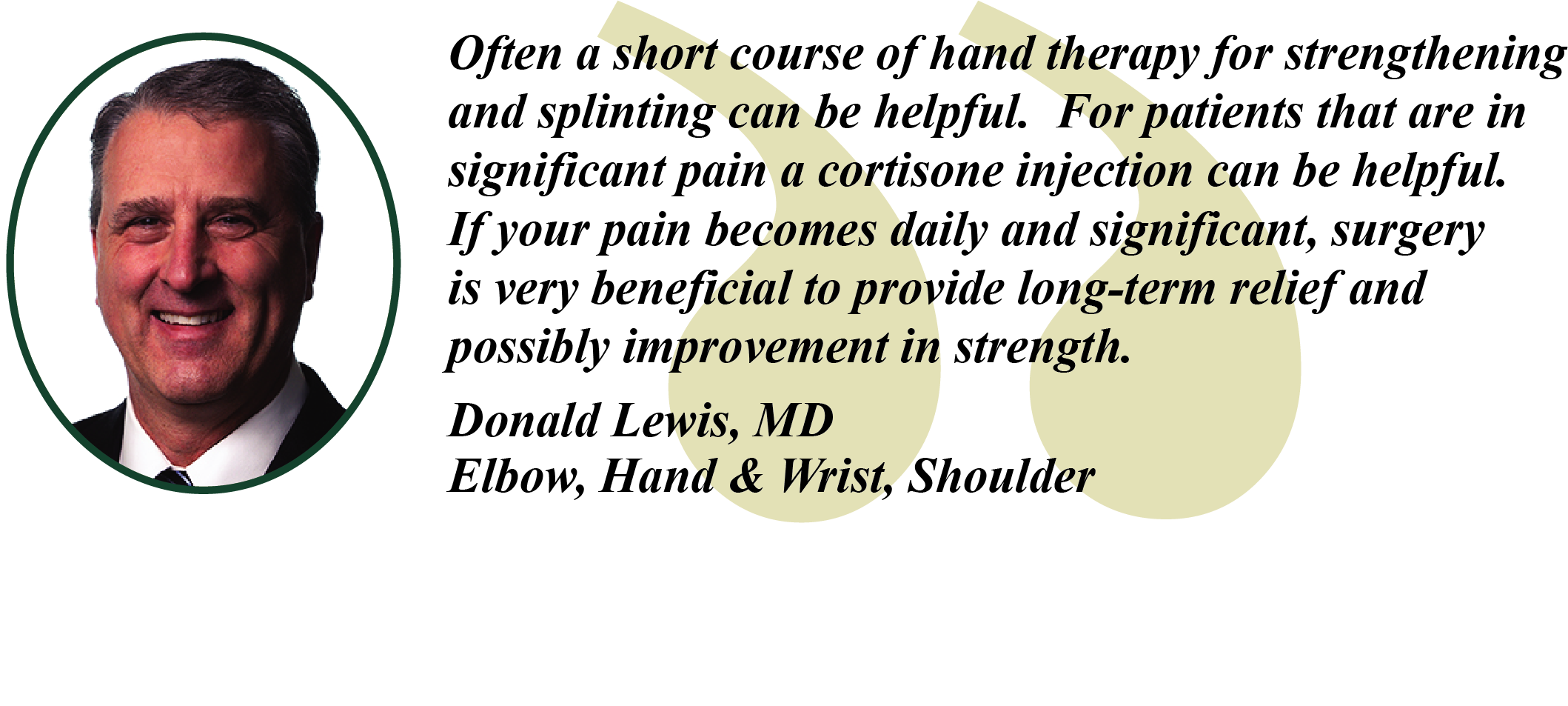

Genetics play a role in determining who will likely develop arthritis. A woman whose parents had arthritis is more likely to develop it herself, and in the same joints. Genetics may also increase susceptibility to environmental triggers such as smoking.
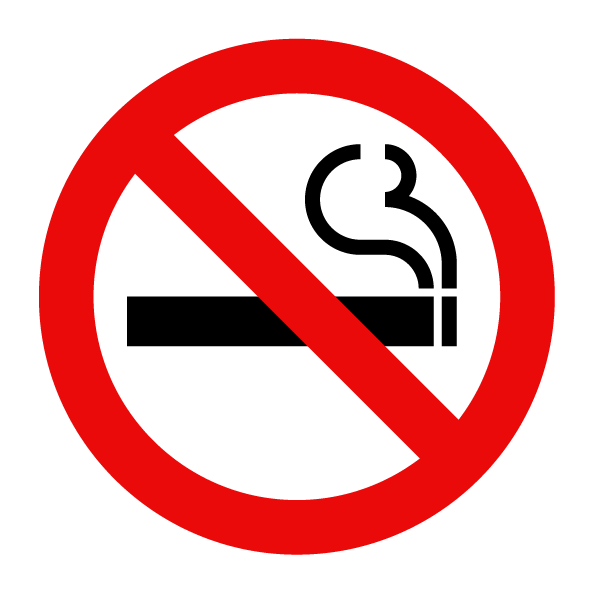
There are contributing factors beyond weight, over which you have control, including physical activity, high-impact sports and repetitive-motion tasks.
We encourage you to maintain a healthy weight and engage in regular exercise to stay strong and flexible. This can help reduce your likelihood of developing osteoarthritis and also help to manage it for your healthy, active older adulthood.
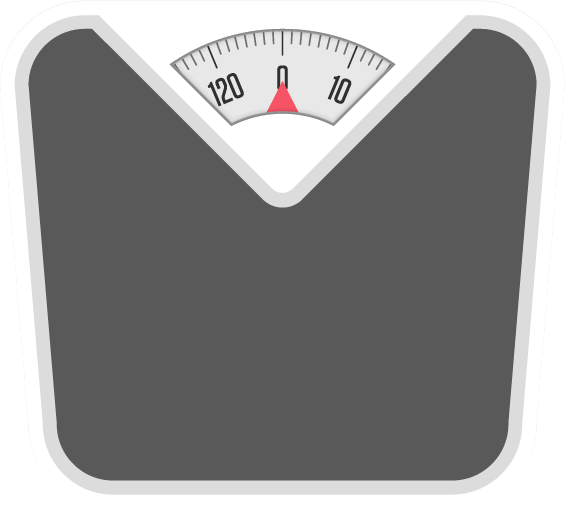
If you feel pain in one or more joints that is intermittent or chronic, you may be looking at arthritis. If there is warmth, redness, swelling and/or stiffness in one or more joints, you may have arthritis. Trouble moving one or more joints normally is also an indicator that you may need additional treatment and joint support.
If you need more active joint care, the orthopedists at Golden State Orthopedics & Spine are here to help:
For more information:

